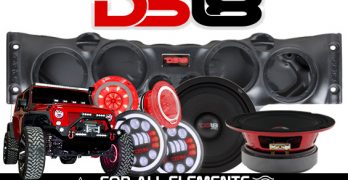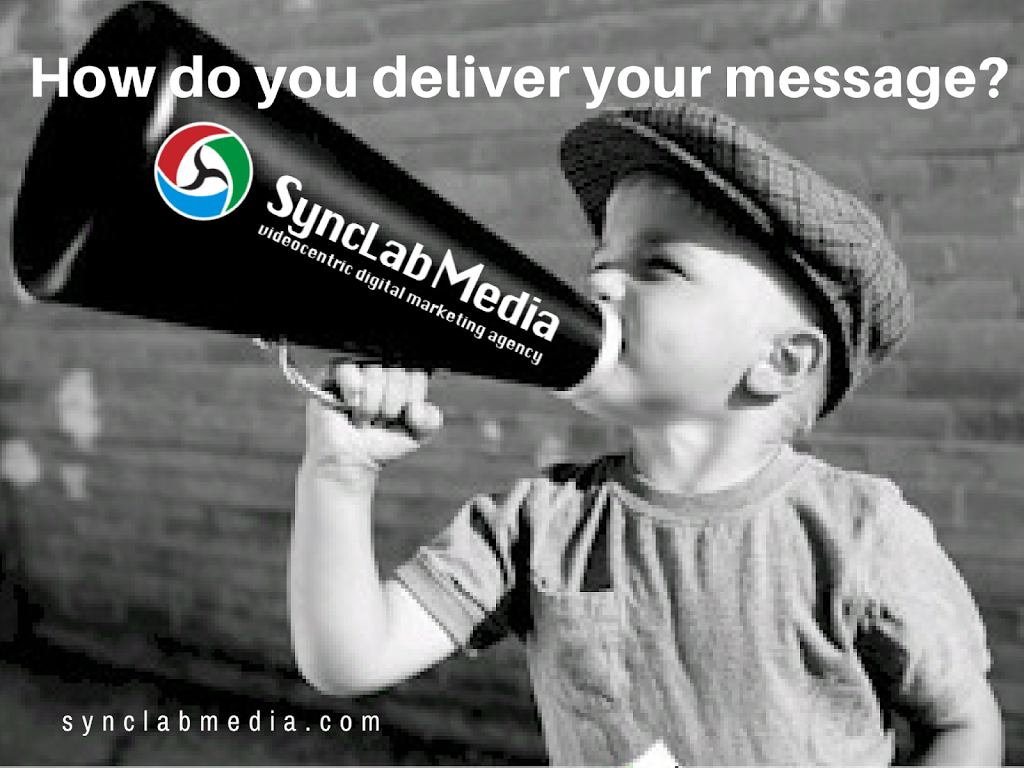 Sometimes it is hard to tell if your business is offering a service or if the service you offer is a product. Either way, you need to pick one and stay with marketing it as a service or a product.
Sometimes it is hard to tell if your business is offering a service or if the service you offer is a product. Either way, you need to pick one and stay with marketing it as a service or a product.
Nothing confuses a consumer more than trying to figure out from your business name and tagline what it is your business does. If a consumer has to spend more than a few seconds to get what the business offers they are off to something else.
The question has always been.
Running a service business is hard but is running a product business any easier?
Running a Service Business
It’s not easy to make a lot of money as an agency. It’s decent sustenance, but a poor investment. Agencies such as ours tend to range from 1 to 20 people, with the vast majority having a couple of staff and a handful exceeding 100 or more.
There’s a challenge with scale. The bigger you get the bigger the monster you have to feed (i.e. try finding $100,000 a month to keep everything going).
Unless you’re super organized and/or super lucky you’ll probably take on work you probably shouldn’t, and deal with people you wish you wouldn’t.
Slowly, slowly the sense of autonomy you felt at the beginning fades away as your clients become your bosses, and you end up being at the mercy of their whim.
Service Business Pros
- Low setup costs
- Variety of work and clients
- Well known business model
- Catering to an existing market
Service Business Cons
- Client management is labor intensive
- Peaks and troughs in cash flow
- Time-based billing
- Expensive to scale
- Always building someone else’s vision
- Agencies tend to focus on pleasing the client
- Finances can suffocate creativity
Running a Product Business
With the booming startup scene here in Dallas and the birth of multi-billion dollar software products, agencies are increasingly looking to building their own products.
The lure of being able to generate recurring revenue using in-house skills is all too tempting. However, it isn’t all a bed of roses.
Building a product requires a different mindset to working for clients.
For instance, you’re working on something without any guarantee of payment. You’re also guessing at what future customers might want. While the returns may be huge the risk of potential failure could be equally so.
Product Business Pros
- Ability to scale
- More predictable revenue forecasts
- Possible lower overheads
- You’re building your own vision
- People are more mission-driven to disrupt and create something new
Product Business Cons
- Requires upfront investment
- Customer support can be a burden
- Unknown demand at first
- Hard to pivot once the product is established
- At some point, it’s all about optimizing
The grass isn’t always greener
There is a misconception that by going from service to a product you leave behind having to deal with unreasonable people (i.e. clients). While this may be so you will still need to deal with customers and also possibly investors. You’re never truly free to do what you want. The saving grace is that during the development of your product you’ll have reduced the number of stakeholders that try to influence your decisions.
Don’t just do it for the money
An interesting point was made that “there are better ways to invest your money” than build a product. If you’re a successful agency and think that developing a product will be an easy way to generate recurring revenue, then you need to pause.
While developing the initial version of the product could be relatively cheap a lot more capital will be needed to grow and scale the business.
Also, it’s likely that the first idea you have won’t work (and possibly neither the second, third or fourth). Unless you’re in it for the long haul you need to be prepared to lose more money than you earn for a while.
You need a different mindset
A dynamic creative agency team isn’t necessarily the best team to build and grow products.
After the initial creative period of designing and developing the first version and once you’ve built something people are willing to pay for, then it’s all about optimizing, refining and scaling.
This takes a different, more numbers focused and diligent mindset. It becomes less about radical innovations and more about incremental improvement.
Unless a change makes the product radically better customers will be looking for consistency and reliability. Creative innovators will soon get bored. What you need are focused business builders.
How do we define “a product”?
This was an interesting discussion as it wasn’t immediately obvious what the definition should be. If we say that product is all about recurring revenue then agencies that sell retainer agreements sell products.
If the definition is more about selling the same thing repeatedly then agencies that productize their process are selling products.
Ultimately I believe that the true definition of a product based business is:
- revenue scales much faster than the associated costs
- the cost of provision is consistent (doesn’t change from customer to customer)
- all IP is owned by the business
The conversation needs to continue about which type of business is better but the short answer is “it depends”.
If you want to build something truly scalable then you should go down the product route.
However, if you love the cut and thrust of working with clients and enjoy the variety then stick with a service business.
However, if you’re ambitious maybe you can do both…let me know how I can help.











